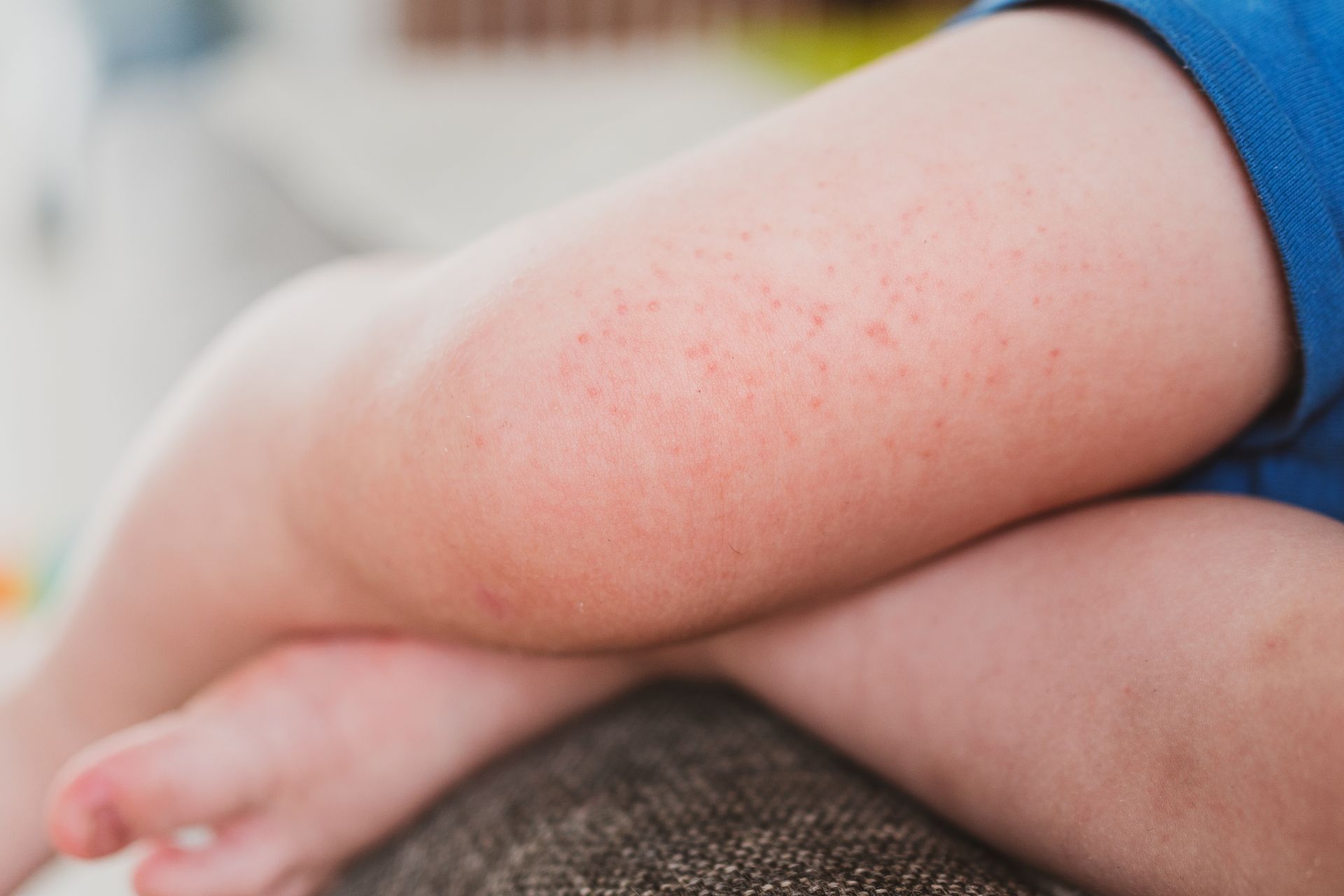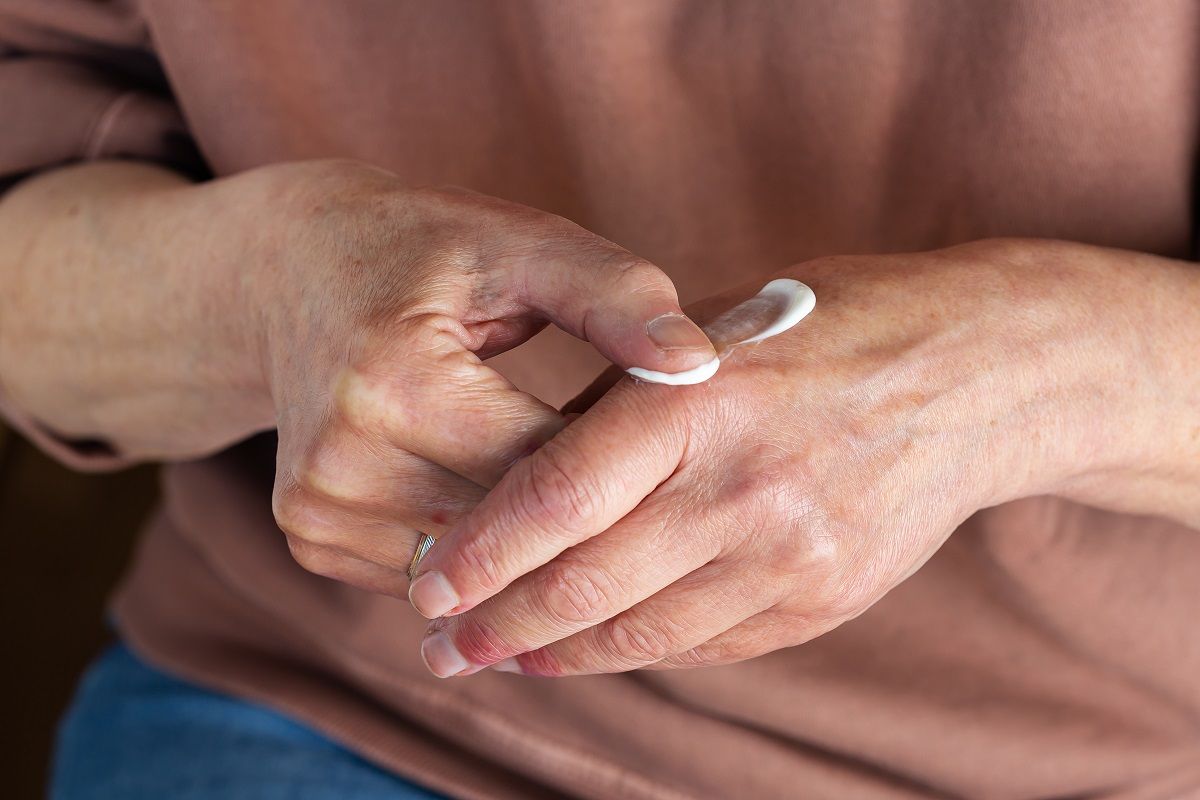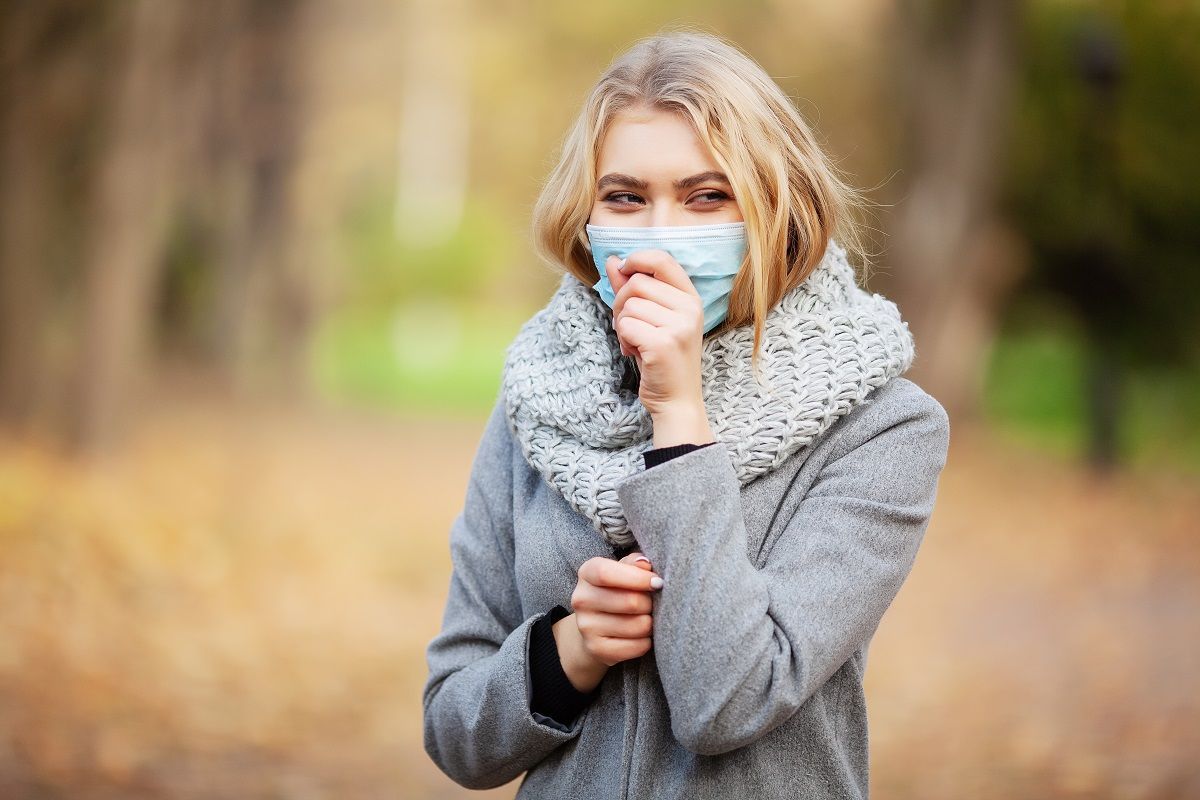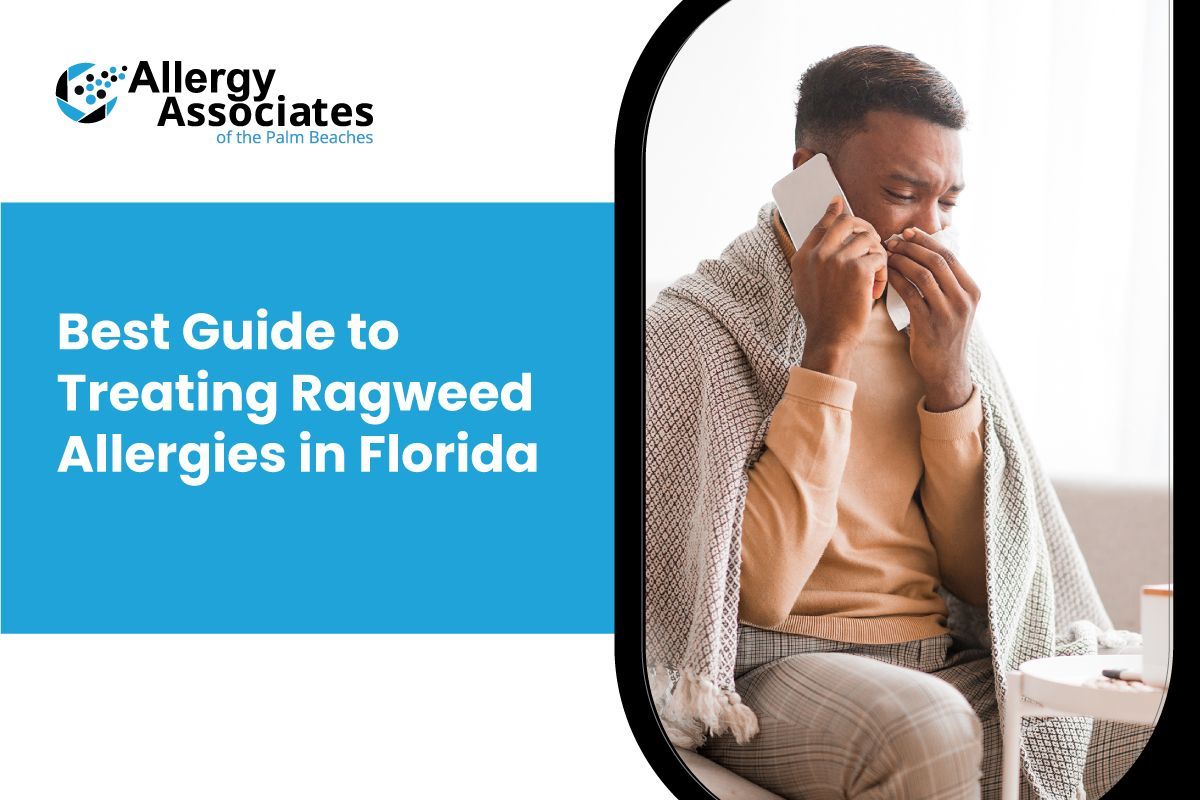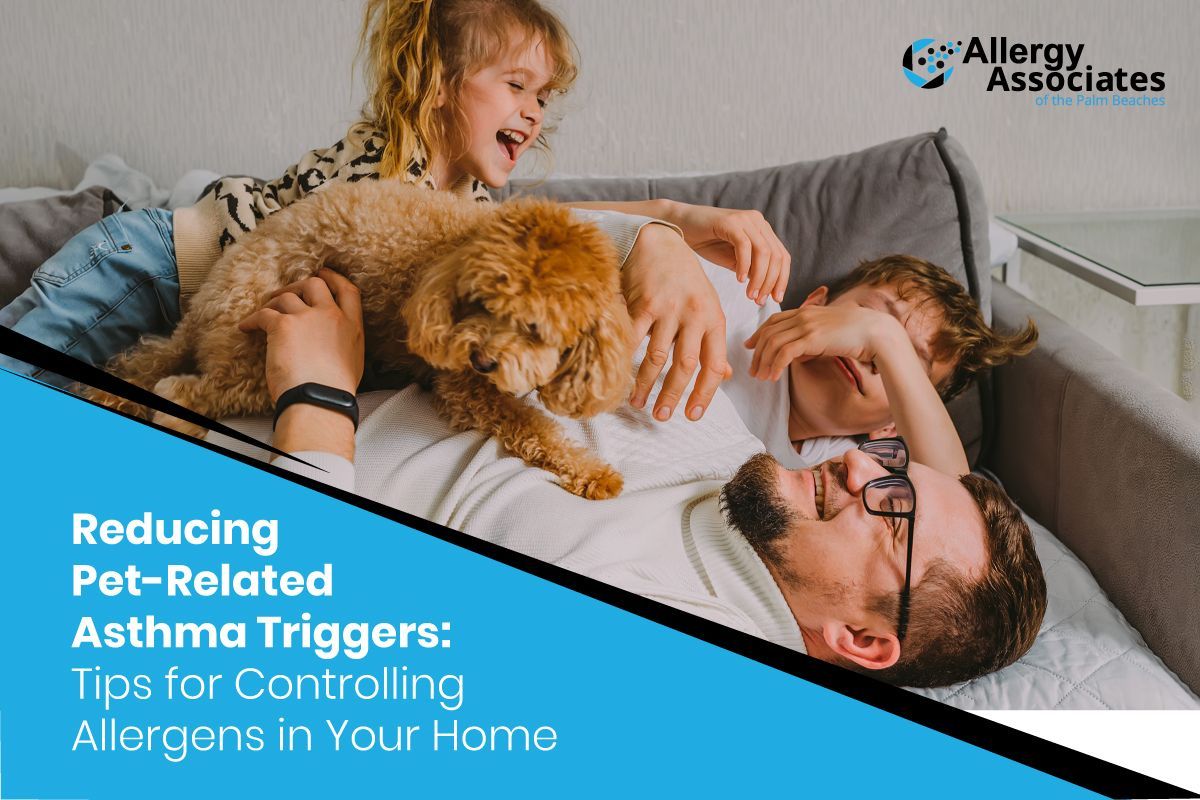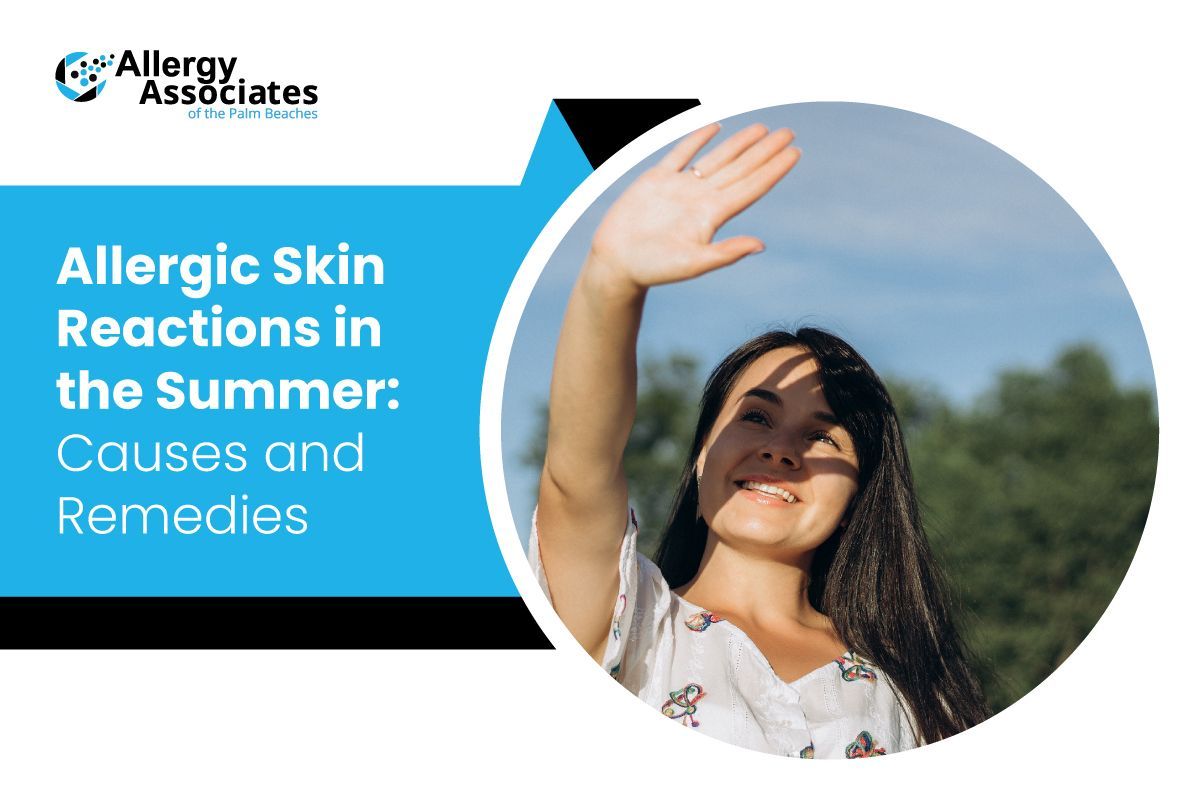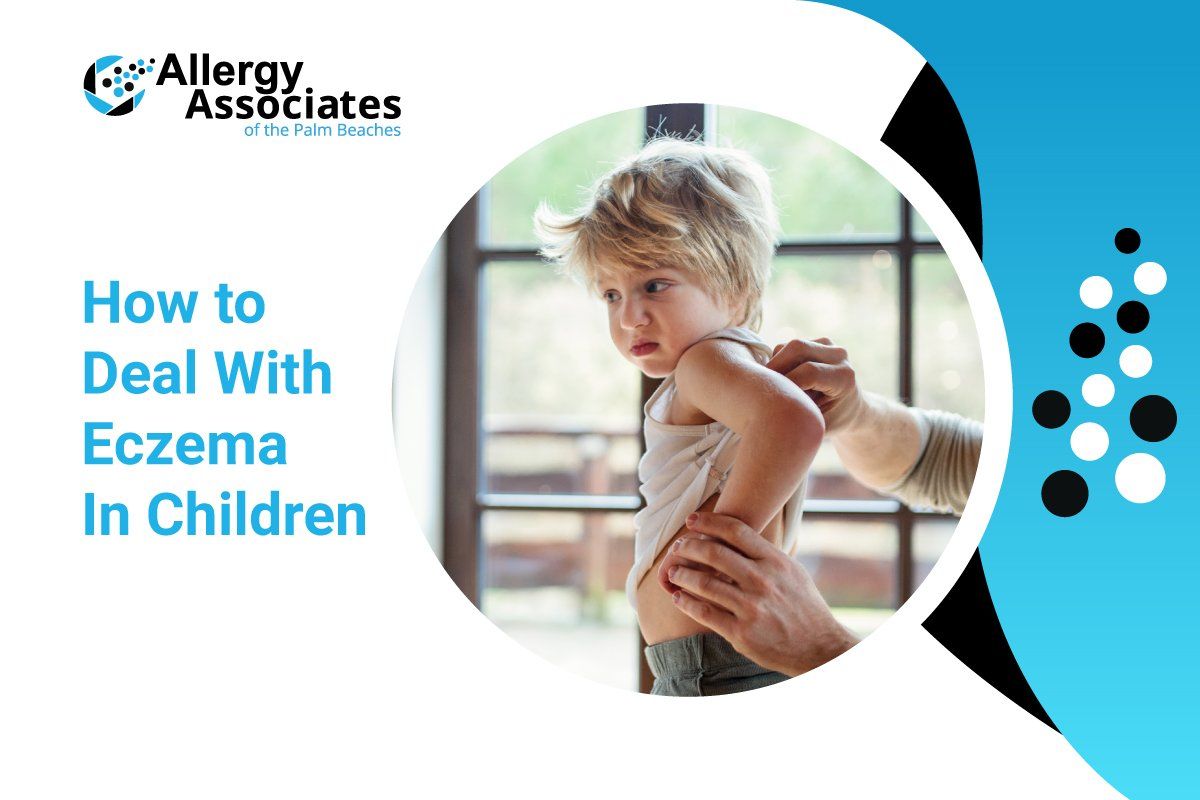
Adverse medical conditions like eczema can affect anyone, including children. This skin disorder causes dry and itchy skin. It makes them uncomfortable, and it also affects their physical appearance. And because of that, children with eczema experience a negative impact on their quality of life.
Your job as parents is to identify eczema's signs and symptoms. Remember, infant eczema is also possible. Moreover, it would be best to act fast when you recognize them. Eczema can lead to complications such as skin infections, hay fever, sleeping problems, and many more.
This article will cover the essentials of treating eczema in children. In addition, we'll also go over the things you should avoid to minimize its risks and how to get rid of eczema. So, without further ado, let's dive into our discussion.
Understanding Eczema in Children
What is Eczema?
To better understand this medical condition, you must learn its definition. Eczema or atopic dermatitis is a skin condition where the skin gets irritated. It works by damaging your skin barrier function. With the "glue" of your skin compromised, it becomes dry and more sensitive to infections.
Eczema has many signs and symptoms similar to other skin disorders. It's somewhat challenging to detect eczema in children because some are too young to identify them.
Common Signs and Symptoms of Eczema
Below are the most common symptoms that can help you recognize a child's eczema.
- Red, dry, itchy skin patches
- Skin inflammation
- Oozing
- Skin crusting
Too much scratching can cause wounds and infections. As a result, the affected skin may be darker and discolored.
What to Do
Here's a compilation of children's eczema treatment methods for eczema in children. We've divided the steps into four categories: treating the dryness, reducing the itchiness, healing the irritation, and prevention and management.
Eczema Treatment for Children
Dealing with Dry Skin
Children with eczema suffer from dry skin due to the lack of their skin's capacity to contain moisture. As a result, their skin cracks and is more susceptible to infection.
Skin Moisturizers
Regular application of topical skin moisturizers after baths or showers revitalizes the skin. It restores moisture effectively, reducing the adverse effects of "skin dryness." Some of the best skin moisturizers you can use are petroleum jelly, creams, and lotions. However, it would be best if you chose child-friendly brands.
Reducing the Itchiness
Dry skin tends to become very itchy. What's more, controlling your child's scratching is challenging, especially when you are not with them to prevent it. To reduce the itch, you can use antihistamines.
Antihistamines
One of the best options for treating skin itching due to eczema is antihistamines. These potent drugs can be purchased over the counter and are widely available. They efficiently reduce itching within minutes after consumption. Some antihistamines induce drowsiness. So, follow your doctor's recommendations regarding dosing.
Treating Skin Irritations
In the worst cases, eczema can lead to skin irritation and infection. Treatment of eczema should be safe and efficient. Here are the two types of medications you can use to treat skin irritations from eczema.
Topical Corticosteroids
Applying topical corticosteroids reduces inflammation, thus reducing irritation. These medications vary in strength, so always follow your doctor's instructions before using them. Corticosteroids are typically ideal during flare-ups of the symptoms. Doctors often recommend using them at least twice a day.
Non-Steroidal Medications
For mild eczema, these non-steroidal medications work well. Moreover, they are ideal for sensitive skin parts like the groin, armpits, or eyelids (eczema on face treatment).
Management and Prevention
Education is your best weapon against eczema. Learning what to watch out for enhances management effectiveness. What's more, it also helps with prevention.
Look out for these symptoms if they don't improve after medications.
- Oozing
- Crusting
- Pus bumps
- Skin blisters
- Worsening eczema rash
Talk to your
allergist when your child experiences any of the symptoms mentioned above.
Prevention Tips
You can start by taking care of your child's skin to help prevent eczema. Moreover, you can also try avoiding the triggers. Check the pointers below.
- Tobacco smoke
- Heat and sweat
- Dust mites
- Insect bites and stings
- Pet dander
- Pollen
- Fragrances (perfumes, incense, colognes, air fresheners, candles)
- Hormones
- Wool and synthetic fabrics
You can also ask your doctor for certain foods that may trigger eczema.
Additional Information
It is common for children to experience the signs and symptoms of eczema at ages 5 or 6. In some cases, it might go away without further intervention.
On the other hand, it could return during the puberty period. In addition, some individuals experience eczema in adulthood.
Protect Your Child from Eczema
Eczema is a common medical condition in children. They are more likely to develop this adverse health condition during their early years.
Fortunately, if you are searching for an "allergist near me," the allergists at Allergy Associates of the Palm Beaches are here for you and your child.
We start with accurate allergy testing to determine whether your child has eczema or another medical condition. Our allergists then provide adequate treatment based on your child's needs.
We only use proven treatment methods based on years of experience. If you want to overcome eczema, schedule an appointment today by calling (561) 626-2006. You can also find your preferred clinic location by clicking this
link.
We hope to talk to you soon.
Allergy Associates of the Palm Beaches
Allergy Associates of the Palm Beaches | All Rights Reserved.



